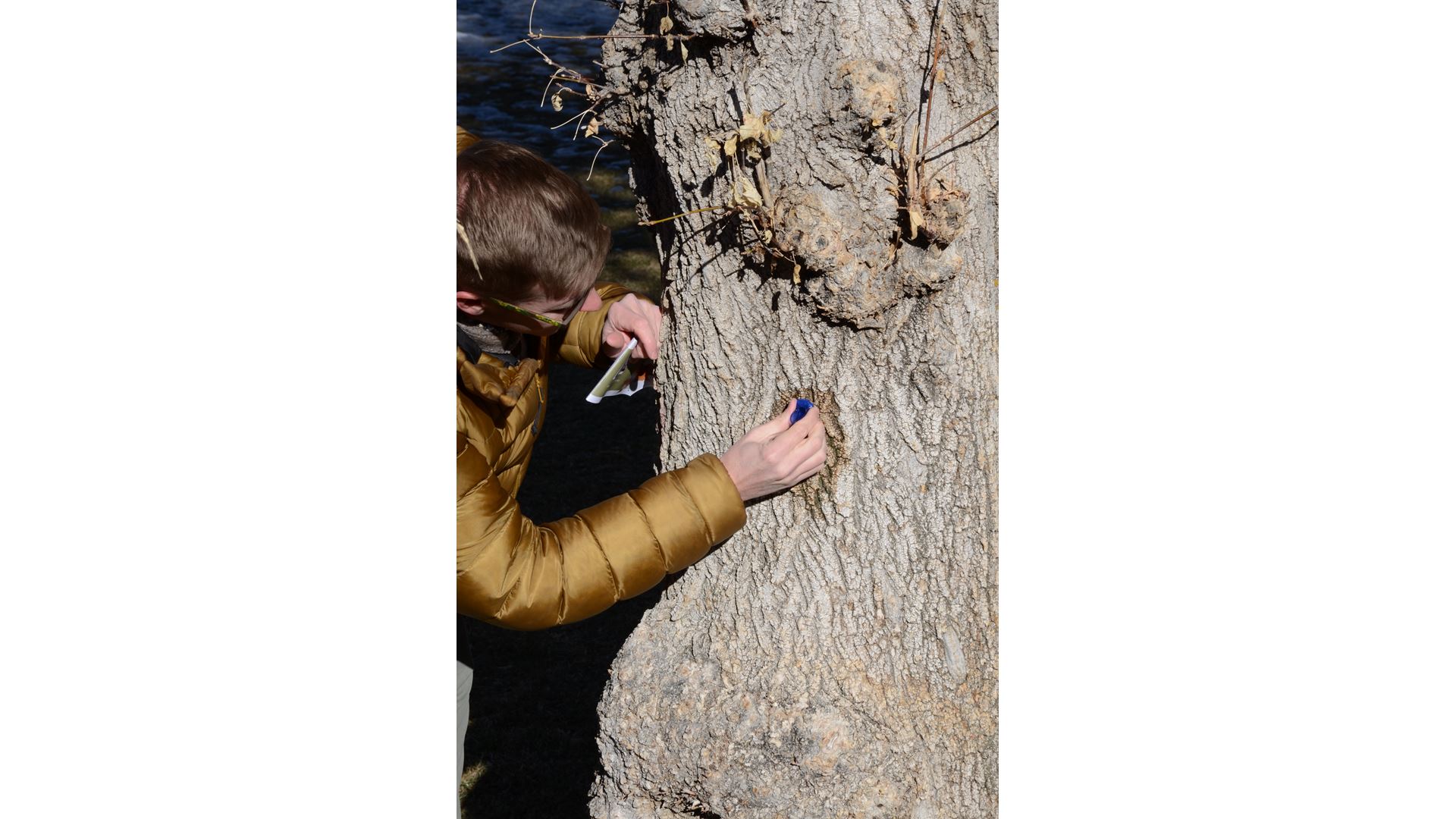A New Mexico State University professor is part of a research collaborative that received a $500,000 grant from the United States Department of Agriculture to develop a maple industry in the nation’s interior west region.
Rolston St. Hilaire, NMSU Regents professor and head of the Plant and Environmental Sciences and Extension Plant Sciences departments in the College of Agricultural, Consumer and Environmental Sciences, serves as the co-principal investigator of the project.
The project, a collaboration with Utah State University, aims to develop a maple syrup industry in a region of eight western states, including New Mexico, Montana and Utah, through research and targeted extension activities, St. Hilaire said. The project team includes faculty and Extension personnel from USU and NMSU; The Forest Farmers, LLC, a maple syrup industry consulting company in New York; Montana MapleWorks, a maple syrup company in Missoula, Montana; and the Stokes Nature Center in Logan, Utah.
“The overall goal is to tap New Mexico, Montana and Utah maples to determine the conditions that will be needed to produce a quality syrup,” St. Hilaire said.
Maple syrup is commonly made by boiling the sap of sugar maple trees. But other maples also produce syrup, St. Hilaire said, noting that bigtooth, boxelders and Rocky Mountain maple trees are native to New Mexico, Montana and Utah. The three states also have nonnative maples planted in urban areas.
St. Hilaire said the project’s team will work to determine the potential for tapping maples in the Intermountain West region for syrup production, using traditional bucket collection and gravity tubing systems. The team will also work to educate hobby producers and landowners about maple sap-tapping techniques and maple syrup-production processes.
St. Hilaire said there’s a need for alternate areas to produce maple syrup to sustain maple syrup production, given that climate change will likely impact maple-producing areas in Canada and the northeastern U.S.
“This new partnership will allow NMSU to help build the foundation for developing the food value of maples grown in the interior west,” he said.
As part of the project, Extension staff from NMSU and USU, with support from the Stokes Nature Center, will host maple-tapping demonstrations this year, showcasing traditional and modern methods for tapping maple trees. The first demonstration took place Jan. 15 in Santa Fe.
“There is a real opportunity for production of maple products in the west that are truly unique,” said Patrick Kelly, director of education at the Stokes Nature Center. “It was great for our Utah team to come teach in New Mexico and see how enthusiastic folks are about maple tapping here. I’m sure I’ll be buying an all-New Mexico sourced green chile maple syrup in the very near future.”
The team also hopes to recruit New Mexico landowners to participate in the project by allowing researchers to conduct maple tapping experiments on their land. Landowners interested in participating should contact St. Hilaire at rsthilai@nmsu.edu or 575-646-5280.

